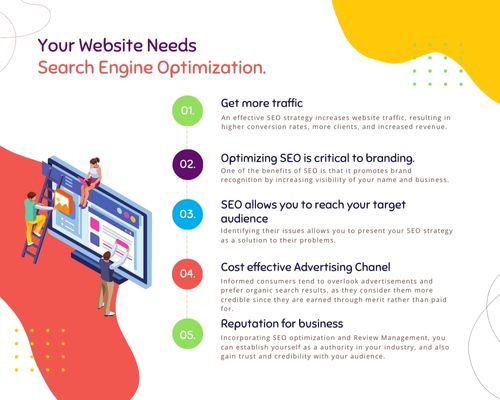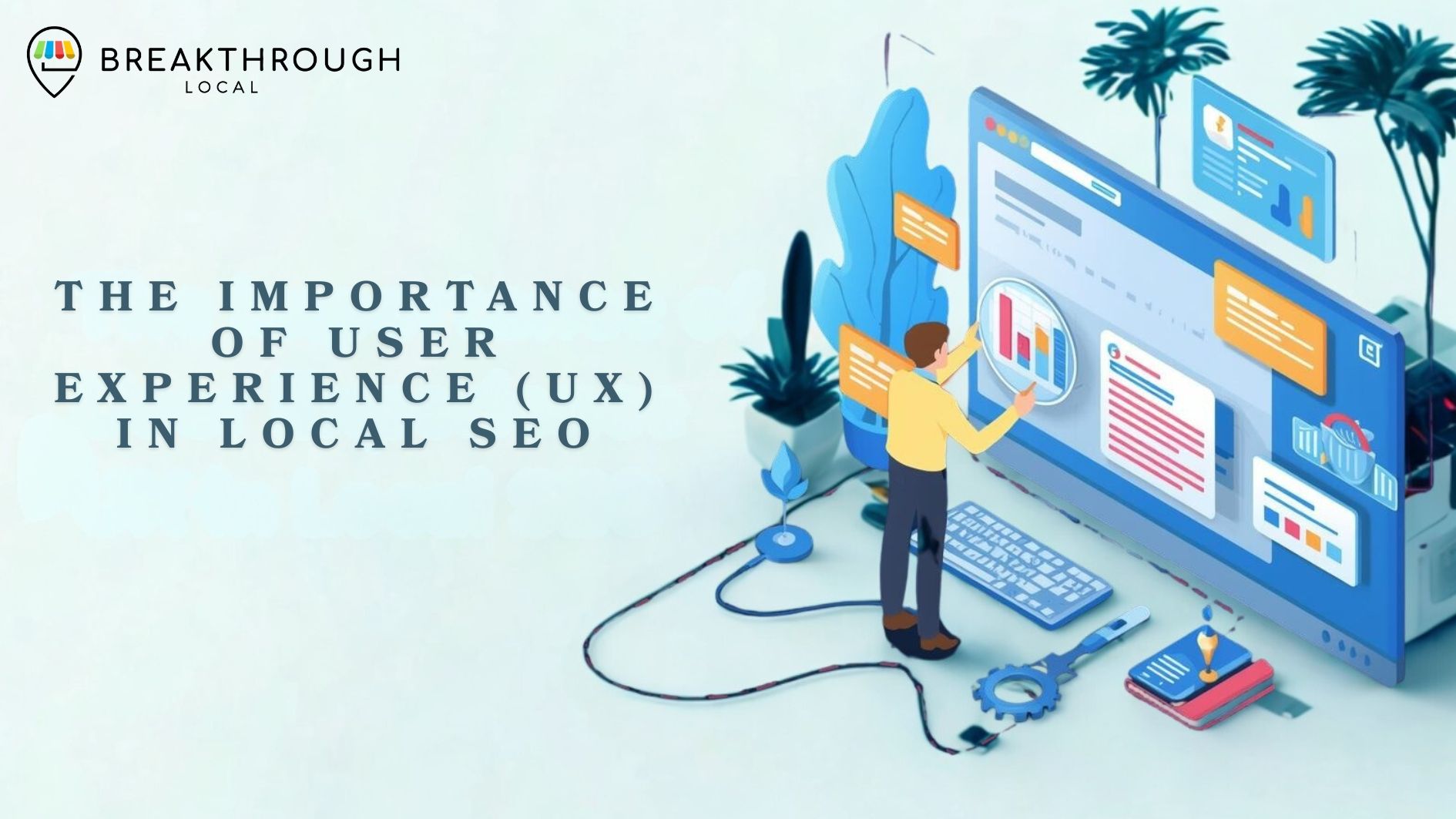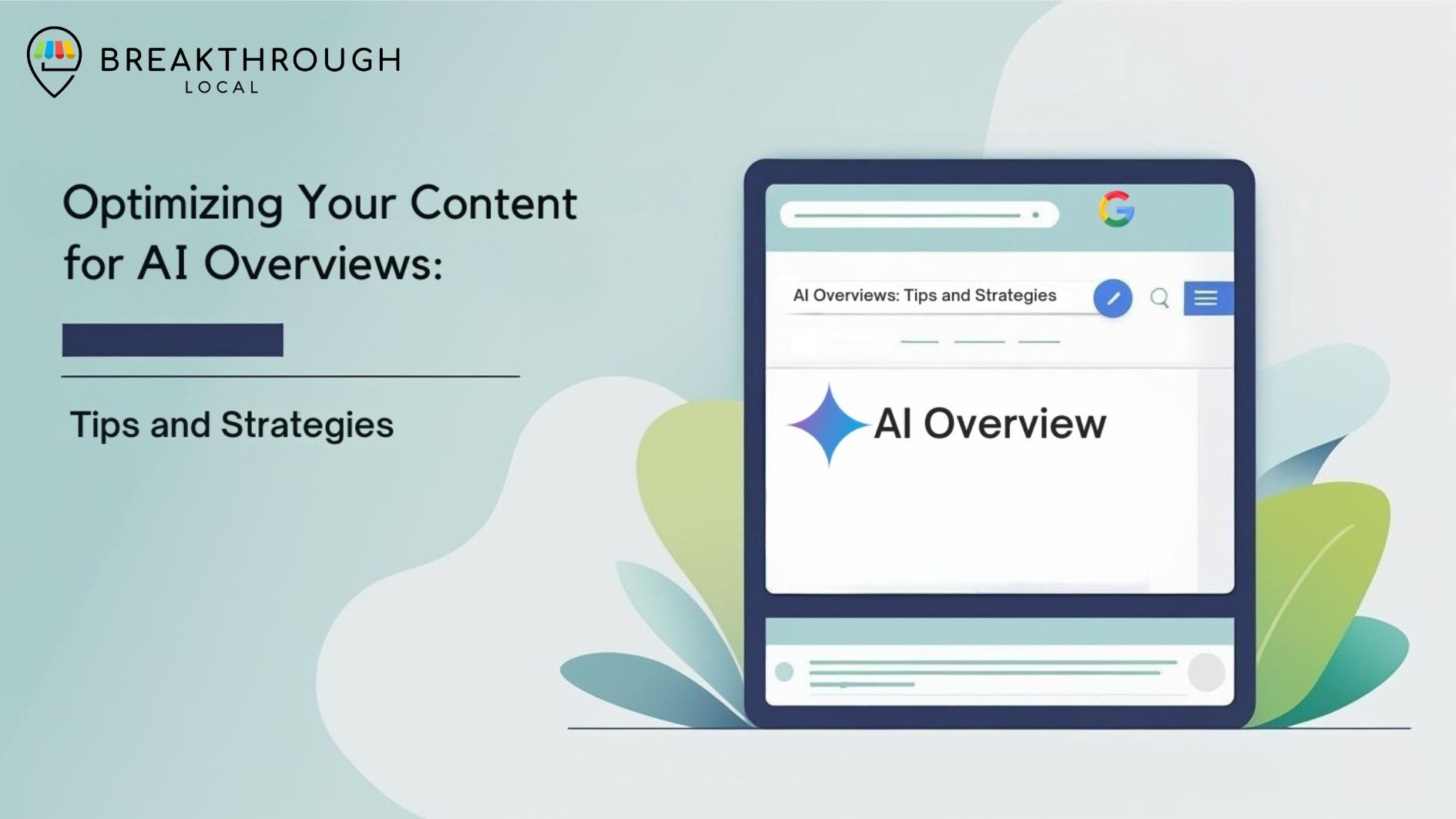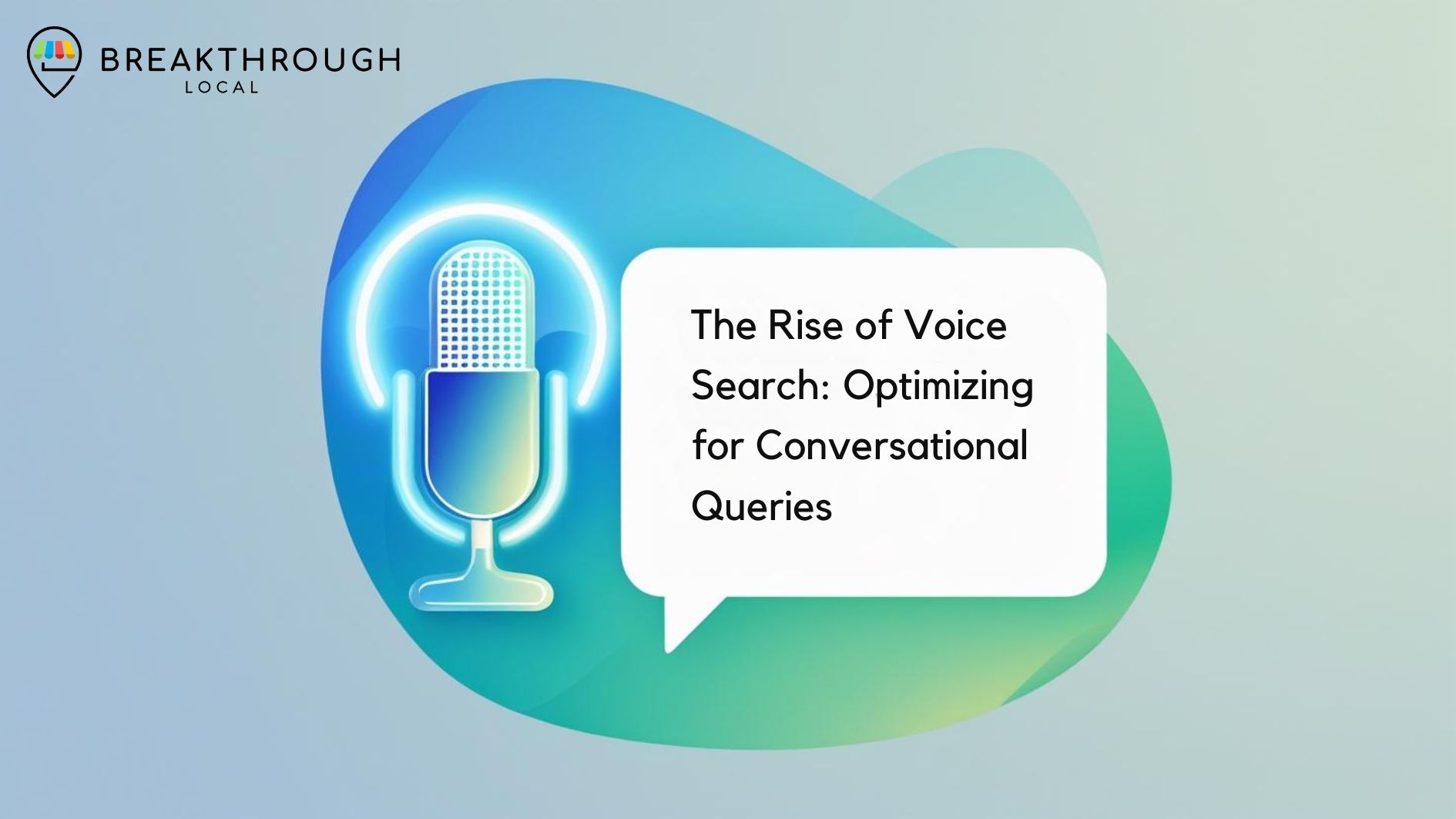Local SEO Ranking Factors for Small Businesses
Search Engine Results: Factors For Local Businesses.

Local SEO Search Rankings can be a tricky concept to understand. It is essential for businesses today to comprehend the basics of Local SEO in order to remain competitive and maximize their online presence. Achieving high rankings on search engine results pages (SERPs) requires an understanding of the impact that certain factors and behavioral signals have when it comes to optimizing your website for local searches.
- Website
- Content
- Google Business profile
- Schema
- Reviews
- and more...
As such, it's important to get up-to-speed with what these ranking signals are and how they affect your business’s ability to reach potential customers. In this article, we will dive into some of the most influential Local SEO search ranking factors - so buckle up and get ready to learn!
Optimizing Your Website
When it comes to local SEO rankings, optimizing your website is the first step. It’s important to ensure that all pages include relevant keywords and phrases related to your area, as well as a clear hierarchy of information for users. This includes having an easily navigable menu structure and using breadcrumbs on each page so that visitors can quickly jump around the site. Your website should have proper meta descriptions & title tags. Additionally, you should also focus on making sure all content is up-to-date with no broken internal or external links; this will help keep people engaged while they are browsing through your website.
Another key part of optimizing your website revolves around its speed and responsiveness – both in terms of how quickly the pages load and whether or not they look good across different devices like mobile phones and tablets. You need to make sure that any images used are appropriately sized, as well as optimize them for faster loading times. Having fast loading speeds helps create better user experiences, since people won’t be waiting too long for a page to show up before they decide to leave.
It’s also essential to have a secured connection (SSL) so that customer data remains safe when being transmitted from their browsers over the internet. Taking these steps into consideration will go a long way towards ensuring customers feel secure when visiting your site and give you a higher ranking in search engine results pages for local searches. From here, we turn our attention to creating relevant content...
Relevant Content
When it comes to relevant content and Local SEO ranking factors, making sure your website is optimized for the best possible results can seem like an impossible task! You could spend hours writing blog articles and optimizing pages with keywords that appear nowhere else on the web – but if you’re not including localized content in your strategy, you’re missing out.
Localized content does more than just help you rank better; it helps connect potential customers to your business and helps earn you inbound links. When someone runs a search query for a specific service or product in their area, they may be able to find you right away because of the detail-oriented information provided by localized content.
From neighborhood events and reviews to photos of landmarks or attractions nearby, this kind of content gives people a glimpse into what makes your company unique – which leads them straight to you!
Relevant content also shows Google that your site is active and updated regularly. This means more visits from potential customers as well as higher rankings across search engine result pages (SERPs). Ultimately, having great localized content will help make sure users keep coming back to your site time after time - without any extra effort required from you.
By taking advantage of these types of opportunities and customizing each page based on location, region, or language preferences, you'll have a much better chance at success when it comes to local SEO ranking factors. Ready to take the next step? Let's dive into localized keywords!
Localized Keywords
As the saying goes, “location, location, location”; when it comes to local SEO ranking factors, localized keywords are a key component. By optimizing your content with locality-specific phrases and words that include references to local areas and landmarks, you can ensure that search engines recognize your site as being relevant for any queries related to those terms. Indeed, localized keywords are essential if you want search engine algorithms to understand what type of area or region you are targeting.
In addition to helping potential customers find your business online through organic searches, localized keywords also help improve click-through rates (CTR). These types of terms have more specific meaning than generic ones such as “restaurant near me” which can be used by anyone regardless of their physical location. As a result, people searching for services in their own neighborhood will be more likely to click on pages featuring results containing language pertaining specifically to their locale.
By taking advantage of this technique and incorporating targeted language into both content and titles/headings associated with webpages around your geographical area, companies can effectively increase visibility while gaining an edge over competitors who do not optimize using localized keyword phrases. Consequently, businesses should make sure they use regional terminology whenever possible in order to maximize the effectiveness of their local SEO campaigns. With this in mind, the next step involves utilizing schema markup for even greater success in reaching out to nearby customers.
Schema Markup
According to research from Google, 76% of people who conduct a local search on their smartphone visit a business within 24 hours, and 28% of those searches result in a purchase..
Making it a key piece in your SEO strategy to have schema markup in place when optimizing websites for local SEO rankings. Schema markup is code used to help search engine crawlers better understand the content and structure of webpages. This can include providing more detail about a product or service available on a website, adding an address and contact details, displaying customer reviews, and more.
Schema markup helps to increase visibility in organic search results by making it easier for searchers to find what they are looking for quickly as well as providing additional information such as ratings directly in SERP listings. Additionally, this type of structured data can be used to create rich snippets which display extra info like reviews and prices alongside list items - further increasing click-through rates from the SERPs.
By including appropriate schema markups on your site you will make sure all relevant information is listed accurately so potential customers know exactly what services you provide before clicking through to check out your site. Taking into account these factors can help boost SEO performance and move your website up in the local search results pages; setting yourself up for success with increased engagement levels from qualified leads. Moving onto social signals...
Social Signals
Social signals like reviews and mentions on social media are often overlooked as a Local SEO ranking factor, but it can make all the difference for some businesses. So make sure and register for all the major platforms like Google Business Profile, FaceBook, Instagram, TikTok, Yelp, Apple Business Connect and numerous others. An SEO Expert can help craft a comprehensive list of platforms specific to your businesses industry and location.
Here are three keyways, social signals help boost local SEO rankings: • Encouraging customers to leave positive ratings and reviews • Growing brand awareness by increasing interactions on social media platforms • Boosting click-through rates (CTR) by linking back to your website or landing pages
Business Owners should be taking advantage of these opportunities to increase their visibility online. Whether you’re actively engaging with current customers or looking for new ones, having a presence across various social networks is essential when optimizing for Local SEO. By leveraging the power of Google Maps alongside other tactics such as schema markup and social signals, business owners can better position themselves competitively against others in search engine results.
Google Maps - Google Business Profile
Google Maps is an important local SEO ranking factor. It can be the difference between appearing on Google’s front page or not for certain queries. While it may sound like a simple task, optimizing your business listing in Google Business Profile *GBP), formerly well-know as Google My Business (GMB), requires some forethought and effort. Gaining top position in the "local map pack", is never guaranteed but is absolutely attainable.
For starters, make sure that you have claimed ownership of your business listing. This allows you to update information such as opening hours, contact details, pictures, etc., as well as respond to customer reviews. Additionally, use keywords appropriately when filling out your profile description and other fields since this helps with both organic rankings and click-through rate (CTR).
Finally, ensure that you have chosen the best primary category and other relevant categories are selected correctly so that potential customers will know what services you offer quickly. Best practice SEO strategy is to not select too many categories, stay rather specific to your top services.
Doing these steps properly will help boost your position in local search engine results pages (SERPs) significantly. With the right research, experience, planning and consistent action getting into the 3- packs should be just a matter of time for any marketer or small business owner. Onwards then to citations & NAP consistency!
Citations & Nap Consistency
Citations and NAP consistency are the cornerstones of Local SEO. They form a solid foundation, like pillars supporting a temple—a place where businesses can be found by potential customers searching online.
But what exactly is meant by citations? Citations are references to your business’s name, physical address, and phone number (NAP) on other business directories or websites around the web. The more comprehensive these mentions become, the stronger your citation profile will be — helping you climb up in local search rankings. Every mention should include all three pieces of information about your business for maximum impact: Name, Address, Phone Number (NAP), as well a website link is always helpful.
All this data needs to match exactly with the way it appears on your own website; otherwise Google may not recognize them as authoritative sources of information about your business.
To ensure that every reference includes complete and accurate details of your business location, create consistent NAP listings across third-party sites so they match one another perfectly. This means making sure that abbreviations and typos do not occur in any listing! If you find discrepancies between different versions of your contact info out there, take the time to clean up those errors quickly . Doing this will pay off in improved visibility for your business over time.
TIP: It's important to keep track of how often you update citations - regular updates show Google that someone is watching out for accuracy and completeness. It also gives you a chance to freshen up the business descriptions or other pertinent information.
Reviews & Ratings
It’s a brave new world of SEO, and online reviews & ratings are the order of the day. If you don't have them, your local search engine optimization strategy won't get very far! We all know that getting glowing five-star reviews is an essential step to success in building your brands reputation - but what about those pesky one or two-star ratings? Well, here's where we take a deep dive into dealing with these issues head on.
The truth is, if you're serious about cracking the code for great Local SEO rankings, then pay attention to both positive reviews as well as negative customer feedback. It can be tempting to just ignore critiques altogether, but it's important to remember that negative reviews provide valuable insight into how customers perceive your business – which ultimately helps shape their decisions regarding whether they'll patronize you again. Not only will this help build trust with potential patrons, it may also give you ideas on how to improve your products/services and enhance overall customer satisfaction.
So while having good reviews and ratings isn’t necessarily going to guarantee page 1 ranking status overnight – it could certainly make a big difference when used strategically alongside other local SEO tactics. Acknowledging every review (good or bad) and using them together yields better results than either does alone; making sure not just to respond appropriately in each situation, but also taking action whenever possible should be at the forefront of any successful Local SEO approach.
Overall Local SEO Approach
Local SEO ranking factors can be thought of like a building. If you want it to stand tall and proud, then you must build a strong foundation and ensure the structure is sound. The same theory applies when trying to get your website higher up on local search engine results pages (SERPs). To do this, one must have an overall approach that encompasses multiple facets of local SEO. This will help the algorithm recognize and trust yoru brand.
When constructing your local SEO foundation, think about four key elements: research, content, optimization and analysis. Research involves gaining insight into what keywords are being used by potential customers; Content focuses on creating relevant articles and blog posts for consumers; Optimization means configuring different parts of the site so they meet Google’s guidelines; And finally, analysis ensures that all efforts thus far have been effective in improving SERP rankings.
These steps should be carried out constantly over time - never stop analyzing data or refining existing optimizations. It's important to remember that there will always be new trends emerging within the world of Local SEO Ranking Factors that need to be addressed and integrated into your approach as soon as possible. With a constant eye towards improvement, you're sure to see tangible rewards from your hard work!
FAQ's Local SEO
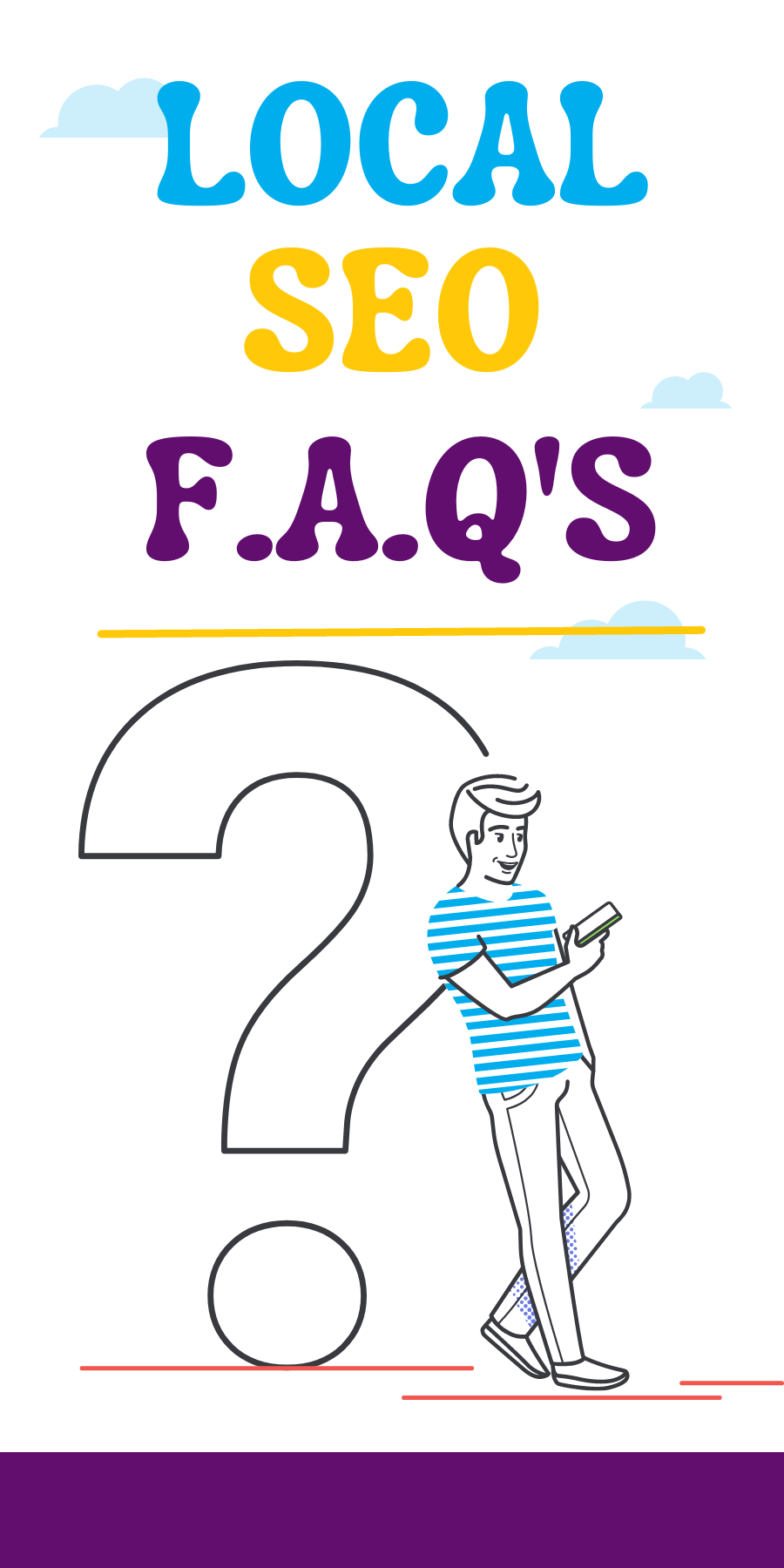
Local SEO is a powerful tool for businesses that want to increase their organic rankings and brands visibility & trust in search results. By taking the steps discussed above, you can ensure your website and content are optimized for better rankings. With relevant keywords and schema markup, a complete google business profile, social signals and reviews, plus citations with consistent NAP information, you’ll be able to rise through the search engine ranks like a rocket.
It's important to remember that there isn't one single factor that will lead to success, like 100 positive reviews; rather it requires an integrated SEO strategies involving all these elements working together harmoniously. That way, you'll reap the rewards of increased visibility and traffic – both figuratively and literally!
Overall, by following best practices when it comes to Local SEO ranking factors, I'm sure you're well on your way to achieving great results. So, get out there and start optimizing today - don't wait until tomorrow because as they say ‘the early bird catches the worm’!
Local SEO Agency Portland Oregon
At Breakthrough Local SEO, we work closely with our clients from the research and planning phases through to implementation. Helping our clients craft a Local SEO strategy that will build brand awareness & trust. This new visibility and Brand recognition ignites conversion rates, helping yo serve more people month-over-month.
We help clients all around the web, but are locate din beautiful Portland, OR and help Contractors, Professionals, Restaurants and Store Fronts here in the Pacific Northwest.
If your looking for a great SEO Company to improve your Local SEO ranking, contact us, we would be happy to help :)
Ready to work with Breakthrough Local SEO?
Let's connect! We’re here to help.
Send us a message and we’ll be in touch.
Or give us a call today 503-382-8911



